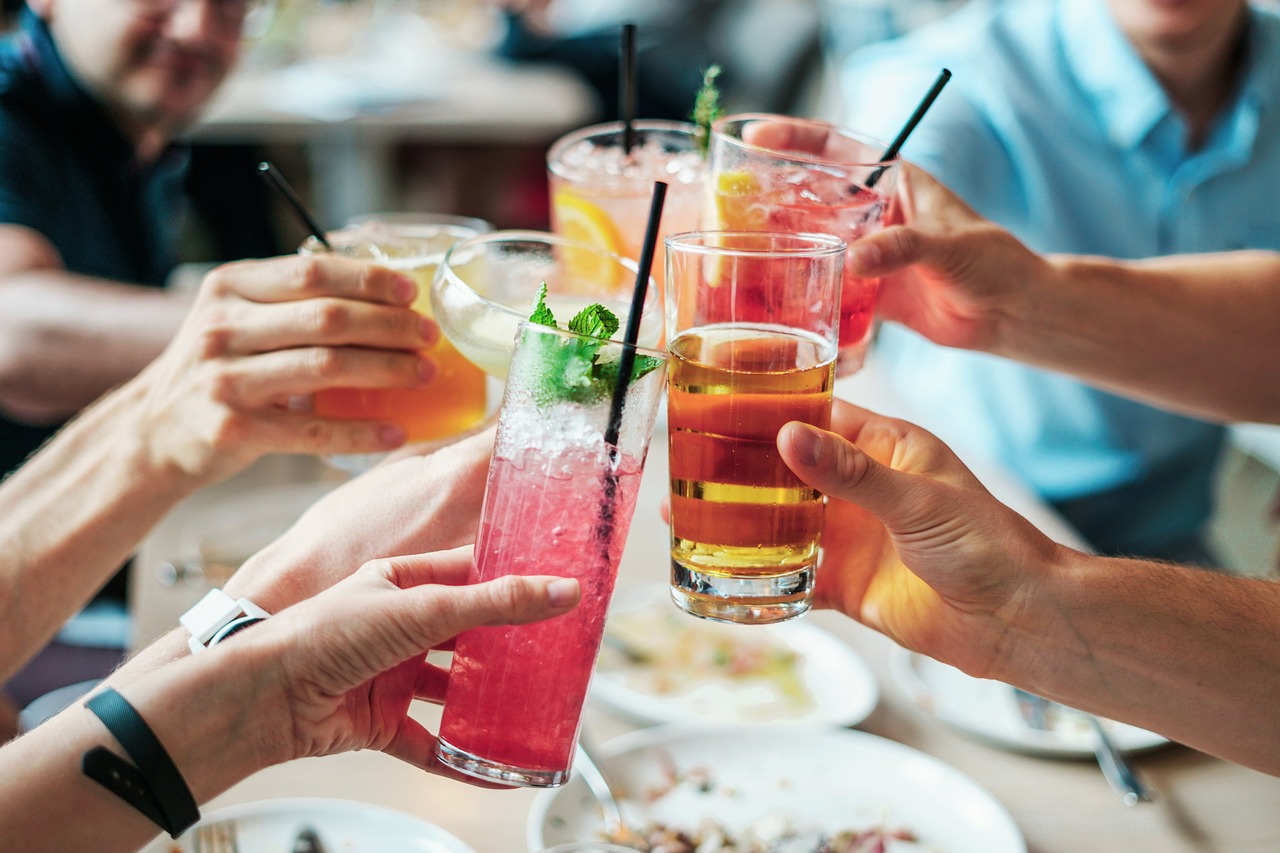“You wouldn’t sober, you shouldn’t drunk”: Drinkaware campaign finds two-fifths of West Midlanders have experienced sexual harassment on a night out
As many as two-fifths of young people in the West Midlands have experienced sexual harassment on a night out, according to a new survey carried out by YouGov and alcohol safety charity Drinkaware.
Furthermore, nearly three-quarters of young people in the West Midlands have witnessed sexual harassment on a night out, and 64% of those surveyed believed that women are more likely to suffer inappropriate comments, touching, and behaviour on nights out.
With a personal sexual harassment rate of 40%, the West Midlands fared better than most other regions in the UK, with 49% of young people in the East Midlands and 52% of young people in the North East having been victims of sexual harassment.
The South East was the region with the fewest victims, with 37% of young people having been on the receiving end of sexual harassment.
The survey classes sexual harassment as: unwanted touching or groping, verbal abuse, persistent pestering, taking photographs without permission, unwanted attempts to kiss someone, staring or leering, following a person around, or refusing to leave them alone, and people exposing themselves publicly.
The survey was carried out on over 2000 youngsters nationwide, 101 of which were from the West Midlands.
Using these findings to highlight the widespread sexual harassment that is linked with alcohol, Drinkaware is campaigning to stop the normalisation of sexual harassment on nights out.
To do this, the charity has given advice for people to follow if they witness sexual harassment on a night out. They are urging witnesses to step in to stop the situation if it is safe to do so, and if not, to make a member of staff or security aware of the sexual harassment taking place. The campaign has been named: “You Wouldn’t Sober, You Shouldn’t Drunk”.
Janet MacKechnie, Campaign Lead for Drinkaware, has stated: “For far too many people, drunken sexual harassment is now sadly part and parcel of a night out. Being drunk is no excuse to grab, grope or make inappropriate comments to strangers on a night out after a few drinks.”
“If people see someone being sexually harassed, asking them if they are ok can make a big difference – whether they’re a friend or a stranger.”
“It can be difficult to know exactly what to do, which is why Drinkaware are giving young people this information and advice in the hope that next time they feel more confident to offer support to someone.”
“It’s time to put an end to unwanted drunken sexual harassment. Asking someone if they are OK and giving them support sends a clear signal that this behaviour is no longer going to be tolerated.”

Comments